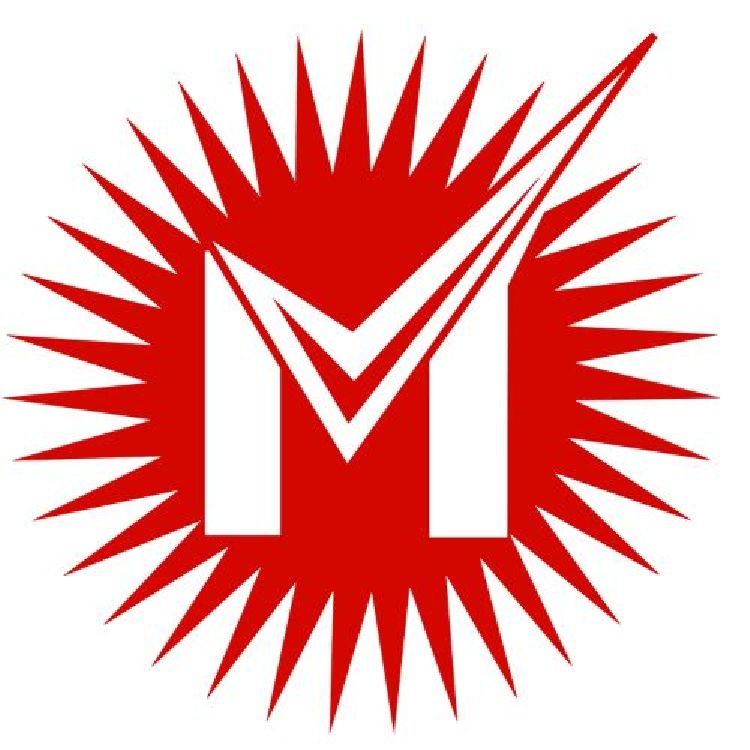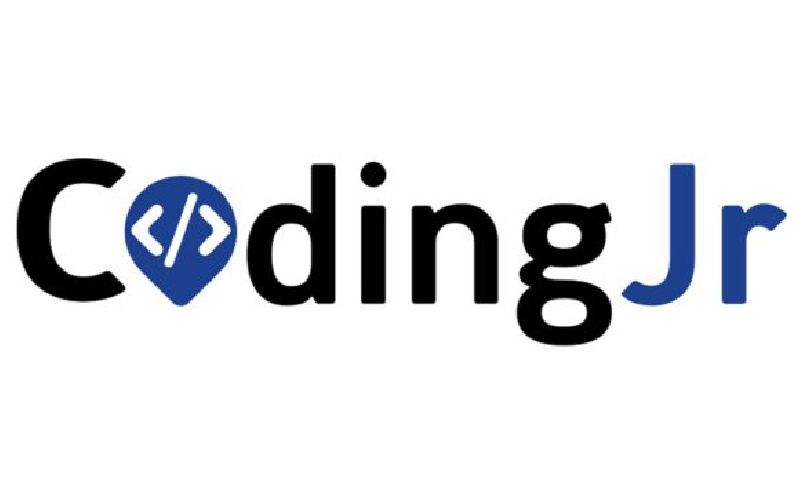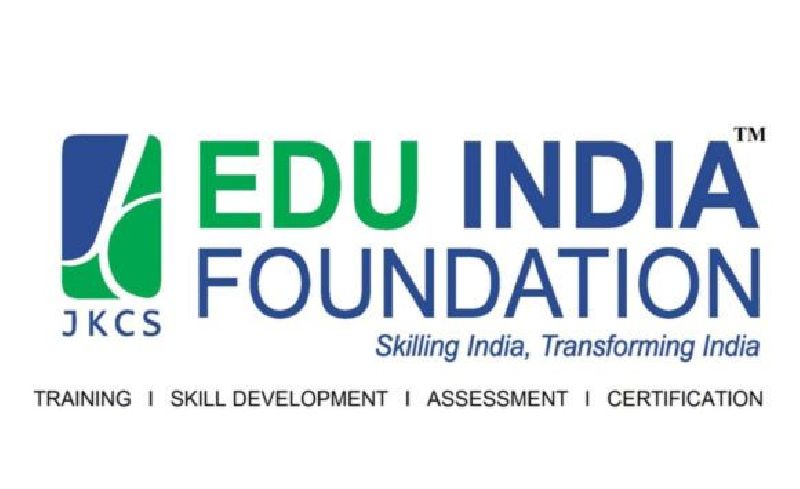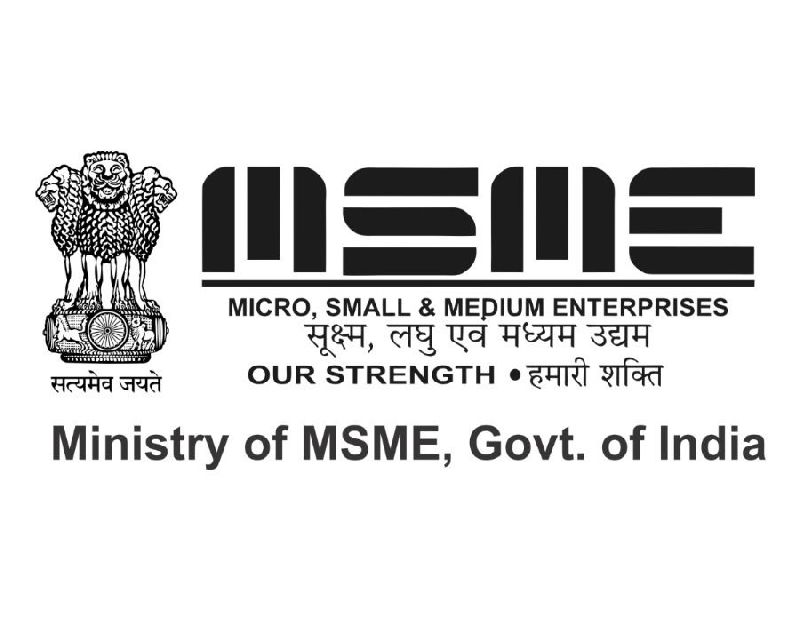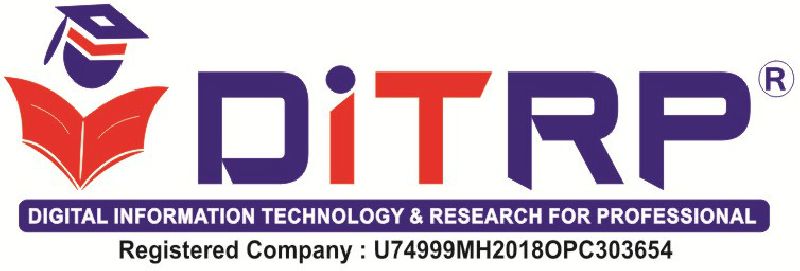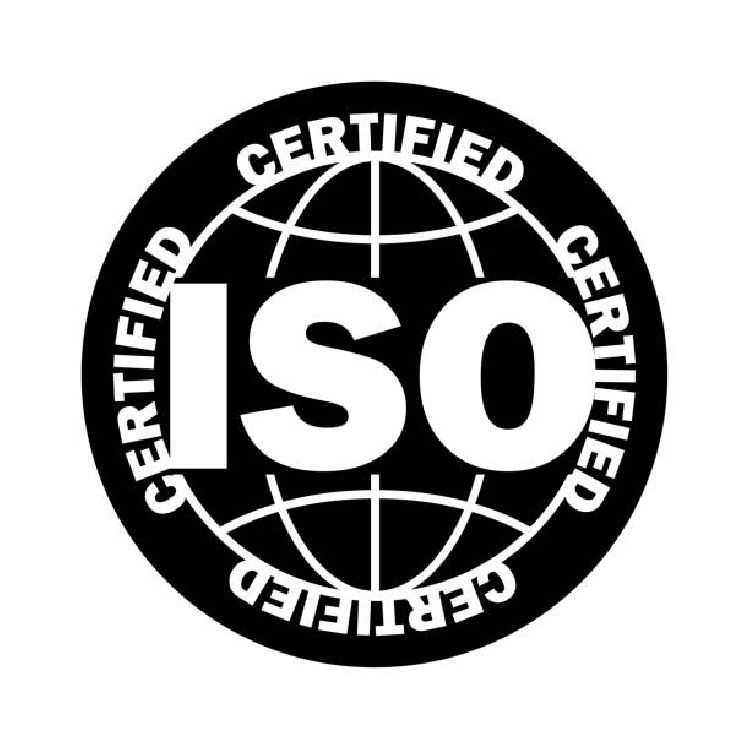
Course Syllabus
Business Studies (BST): The curriculum is divided into two main parts:
Part A: Foundations of Business introduces students to the fundamental concepts of business. It begins with the Nature and Purpose of Business, exploring its meaning, characteristics, and objectives. Students learn about various Forms of Business Organisations, including sole proprietorships, partnerships, Hindu Undivided Family businesses, cooperative societies, and companies, along with their merits and limitations. The section on Public, Private, and Global Enterprises discusses different sectors and forms of public sector enterprises. Business Services covers essential services like banking, insurance, and transportation. Emerging Modes of Business introduces e-business and outsourcing concepts. Lastly, Social Responsibility of Business and Business Ethics emphasizes the importance of ethical conduct and social responsibility in business operations.
Part B: Finance and Trade focuses on the financial aspects and trade mechanisms in business. Sources of Business Finance explores various funding options available to businesses. Small Business discusses the role and importance of small enterprises in the economy. The Internal Trade unit delves into wholesale and retail trade, including types and services of retailers and wholesalers. International Business provides insights into the concept and benefits of international trade, export-import procedures, and documentation. This part equips students with knowledge about the financial operations and trade practices essential for business functionality.
Economics: The syllabus is structured into two primary sections:
Part A: Statistics for Economics introduces students to the importance of statistics in economic analysis. It covers Introduction to Statistics, explaining its significance and scope. Collection, Organisation, and Presentation of Data teaches methods of data collection, classification, and tabulation. Statistical Tools and Interpretation includes measures of central tendency, dispersion, correlation, and index numbers, providing tools to analyze and interpret economic data effectively.
Part B: Introductory Microeconomics focuses on the economic behaviors of individuals and firms. Introduction to Microeconomics explains the central problems of an economy and the concept of opportunity cost. Consumer's Equilibrium and Demand explores the theory of consumer behavior, demand, and elasticity. Producer Behavior and Supply examines production functions, cost, revenue, and supply concepts. Forms of Market and Price Determination discusses different market structures and how prices are determined within these markets. This section provides a foundational understanding of microeconomic concepts and theories.
Accountancy: The syllabus is designed to impart a comprehensive understanding of accounting principles and practices:
Part A: Financial Accounting - I covers the Theoretical Framework, introducing the meaning, objectives, and scope of accounting, along with basic accounting terms. The Accounting Process includes topics like accounting equations, rules of debit and credit, recording of transactions, ledger posting, trial balance, and depreciation. This part lays the foundation for understanding the systematic process of accounting.
Part B: Financial Accounting - II focuses on the preparation and presentation of financial statements. Financial Statements of Sole Proprietorship from Complete and Incomplete Records teaches the preparation of trading and profit and loss accounts and balance sheets. Computers in Accounting introduces the application of computers in accounting, highlighting computerized accounting systems, their components, and advantages. This part equips students with practical knowledge of financial reporting and the use of technology in accounting.
This structured curriculum aims to provide students with a comprehensive understanding of business principles, economic theories, and accounting practices, preparing them for higher education and professional endeavors in the commerce field.
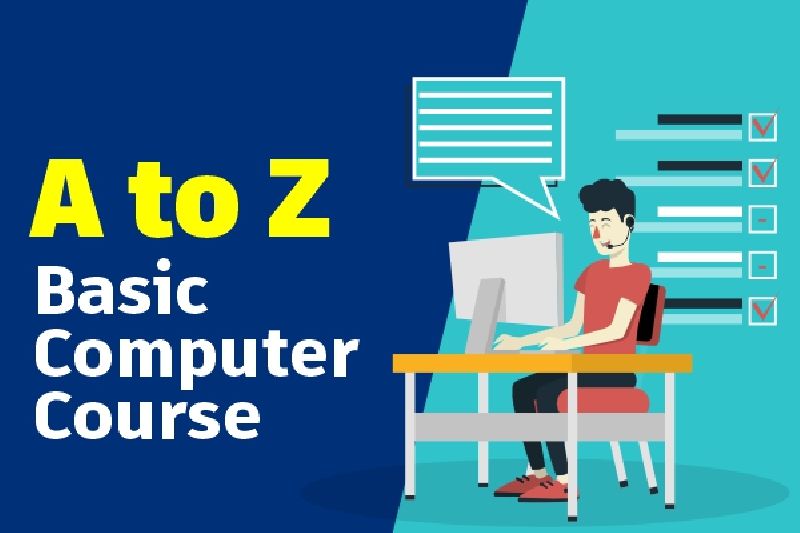
Course Code : BCC
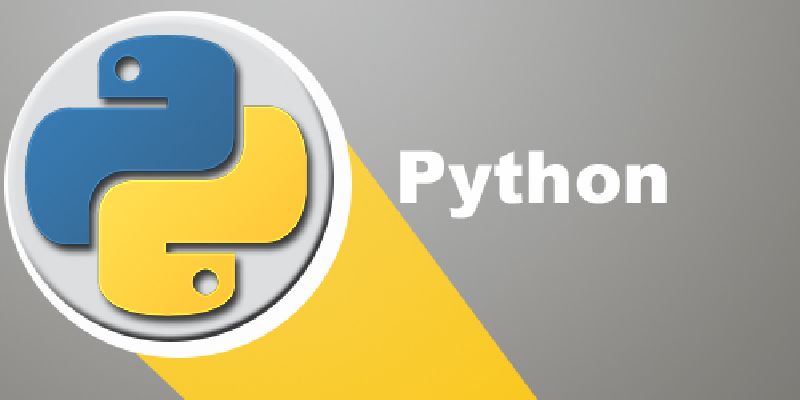
Course Code : PY01
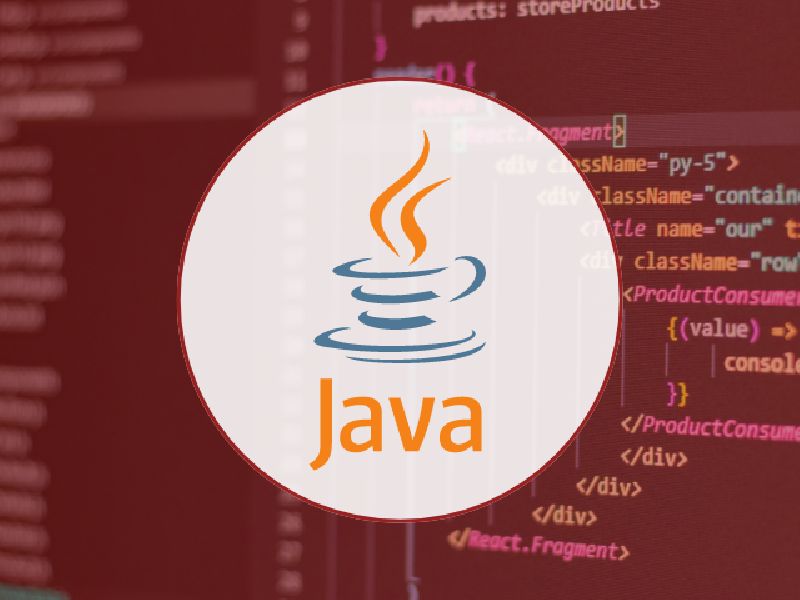
Course Code : JAVA01

Course Code : NONMED12

Course Code : MED12

Course Code : COM12

Course Code : ICSE10

Course Code : PSEB10

Course Code : CBSE9

Course Code : ICSE9

Course Code : PSEB9

Course Code : NONMED11

Course Code : MED11

Course Code : COM11

Course Code : IIT-JEE-CC

Course Code : NEET-CC
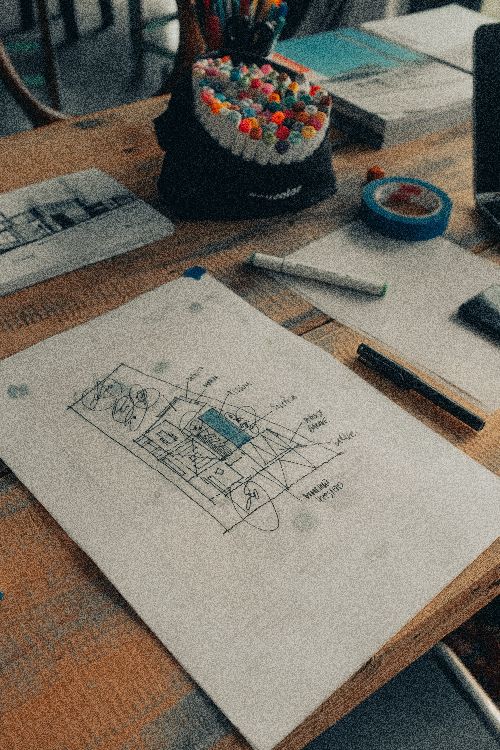
Course Code : NATA-CC

Course Code : PPMET-CC

Course Code : NDA-CC
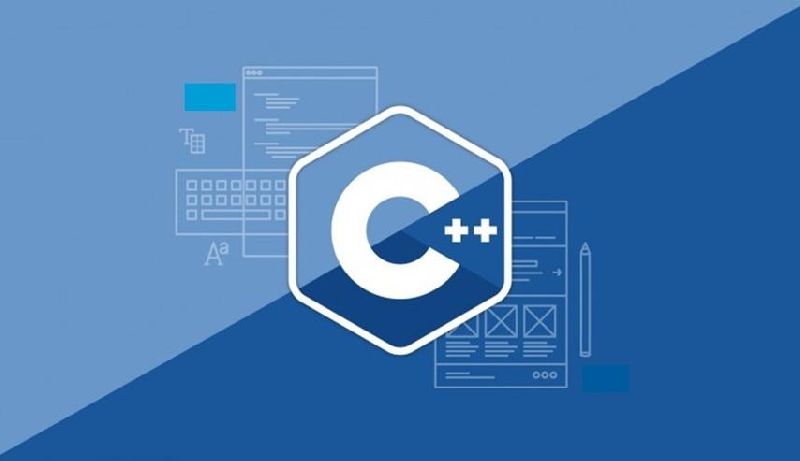
Course Code : CPP
Course Code : FTE
Course Code : SUPERMED11

Course Code : COM12

Course Code : NONMED12

Course Code : MED12

Course Code : ICSE10

Course Code : PSEB10

Course Code : CBSE9

Course Code : ICSE9

Course Code : PSEB9

Course Code : NONMED11

Course Code : MED11

Course Code : COM11
Course Code : SUPERMED11
Course Code : FTE

Course Code : NEET-CC
Course Code : CBSE10
Course Code : SUPERMED12
Course Code : SUPERMED12

Course Code : NONMED12

Course Code : MED12

Course Code : COM12

Course Code : ICSE10

Course Code : PSEB10

Course Code : CBSE9

Course Code : ICSE9

Course Code : PPMET-CC
Course Code : FTE

Course Code : MED11

Course Code : NEET-CC
Course Code : SUPERMED12
Course Code : CBSE10

Course Code : PSEB9

Course Code : NONMED11

Course Code : COM11
Course Code : SUPERMED11

Course Code : PPMET-CC

Course Code : IIT-JEE-CC

Course Code : NATA-CC

Course Code : NDA-CC
Course Code : CBSE10
Course Code : PHY11-12
Course Code : CHE11-12
Course Code : MAT11-12
Course Code : BIO11-12
Course Code : PHY11-12
Course Code : CHE11-12
Course Code : MAT11-12
Course Code : BIO11-12

Course Code : BCC
